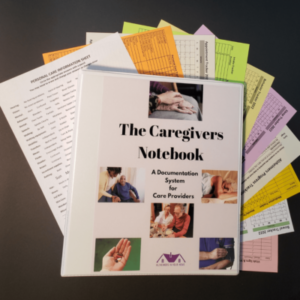Alzheimers Paranoia, Hallucinations, Illusions, and Delusions

Alzheimers paranoia is very common. As the disease progresses the person affected will often become very suspicious. It is thought this behavior is a result of their altered perceptions of life around them. They may misinterpret what they see or hear. They may accuse family & friends of stealing from them. They often accuse the spouse of infidelity. This can be very hard for the spouse to deal with. The best thing you can do is to remain calm and be understanding. Remember it is the disease talking not the family member. Listen to what they have to say and be understanding. Try to keep the conversation short and simple. Change subjects, initiate an activity, or anything that may distract them.

Alzheimers hallucinations are also very common. A hallucination is seeing or hearing something that is not there. They can be simple hallucinations such as seeing a piece of paper on the floor or they can be very intense. I have taken care of people who have had terrifying hallucinations, such as the room on fire. It is best to work with the hallucination and resolve it. Pick the piece of paper up. In the fire hallucinations, I removed them from the room and told them the fire department was on the way. You may not see the hallucination, but they can and it is very real to them. If you confront them and insist there isn't anything there, you will make the situation worse.
Alzheimers illusions are similar to hallucinations. An illusion is when something is there but they misinterpret what they are seeing. An example would be a blanket on the floor yet they see it as a dog lying there. Illusions are also common with Alzheimer's Disease. If you can bring the object closer and show what it is then it is okay to do so. If they begin to argue or become agitated , it is best to go with the flow. Your goal is to keep them calm. It doesn't really matter if it is a dog or a blanket.
Delusions are also common with Alzheimer's Disease. They occur more often in the later stage. A delusion is a persistent false belief. Most delusions go along with Alzheimers paranoia. They may believe the caregiver is trying to harm them in some way or the mailman is spying on them. The belief will go on and on. Delusions are very difficult for family members. Do not argue with them! Reassure them they are safe. Are there any changes you can make that might decrease their stress?
Alzheimers Paranoia is Difficult
Alzheimers paranoia, hallucinations, illusions, and delusions can be difficult for all family members involved. You will need to find what works best for you. If the problems become to difficult talk to your family physician. There may be medicines which can help. Keep in mind that some medicines can also cause hallucinations. If the behaviors started after a new medicine was started make sure your doctor is aware.
There are also several natural calming ingredients which you can try. You can find them at your local health food store or online.
Home Page Alzheimers Behaviors Alzheimers Paranoia Alzheimers Agitation
Do you know what stage of Alzheimer's Disease your loved one is in?
Do you know what to watch for next?
Do you have sitters coming in and need to have a better system to help them provide the best care?
Does your loved one have behaviors that you should be tracking?
Do you have all of the information written down you need when you go to your doctor visits to help them understand what needs you may have?
Do you need help keeping track of appointments, medicines, vital signs, weights, meals, bowels, and behaviors?
Dementia - it's more than just memory loss. Are you prepared for what's next?
The ALZLOG App was created to help you recognize what stage your loved one is in and prepare for what is coming next for your loved one.
Come check out my YouTube channel for helpful tips and support on caring for loved ones with dementia. Let's navigate this journey together!


